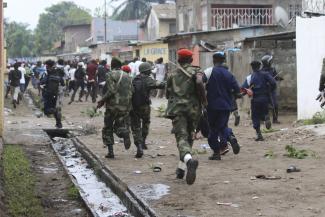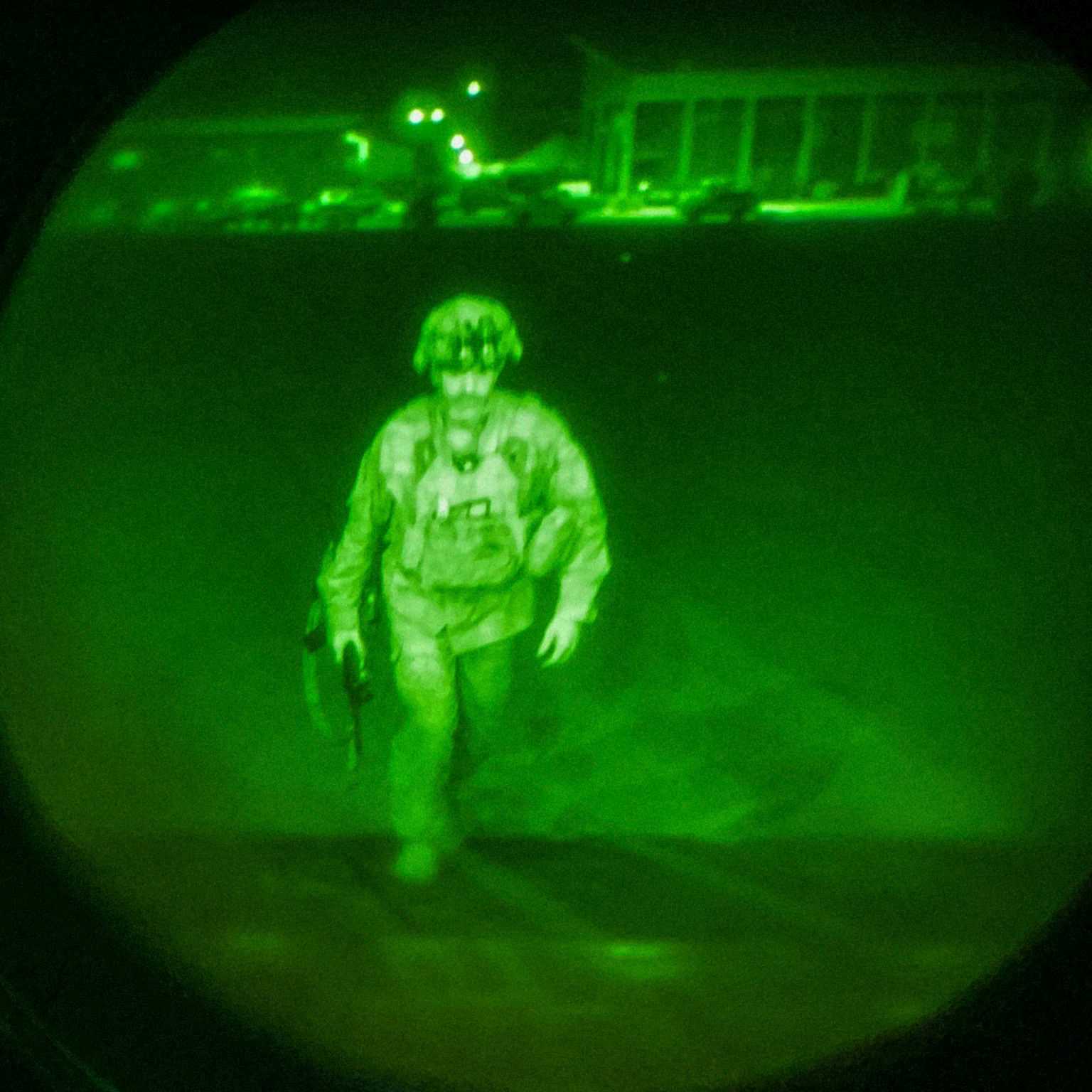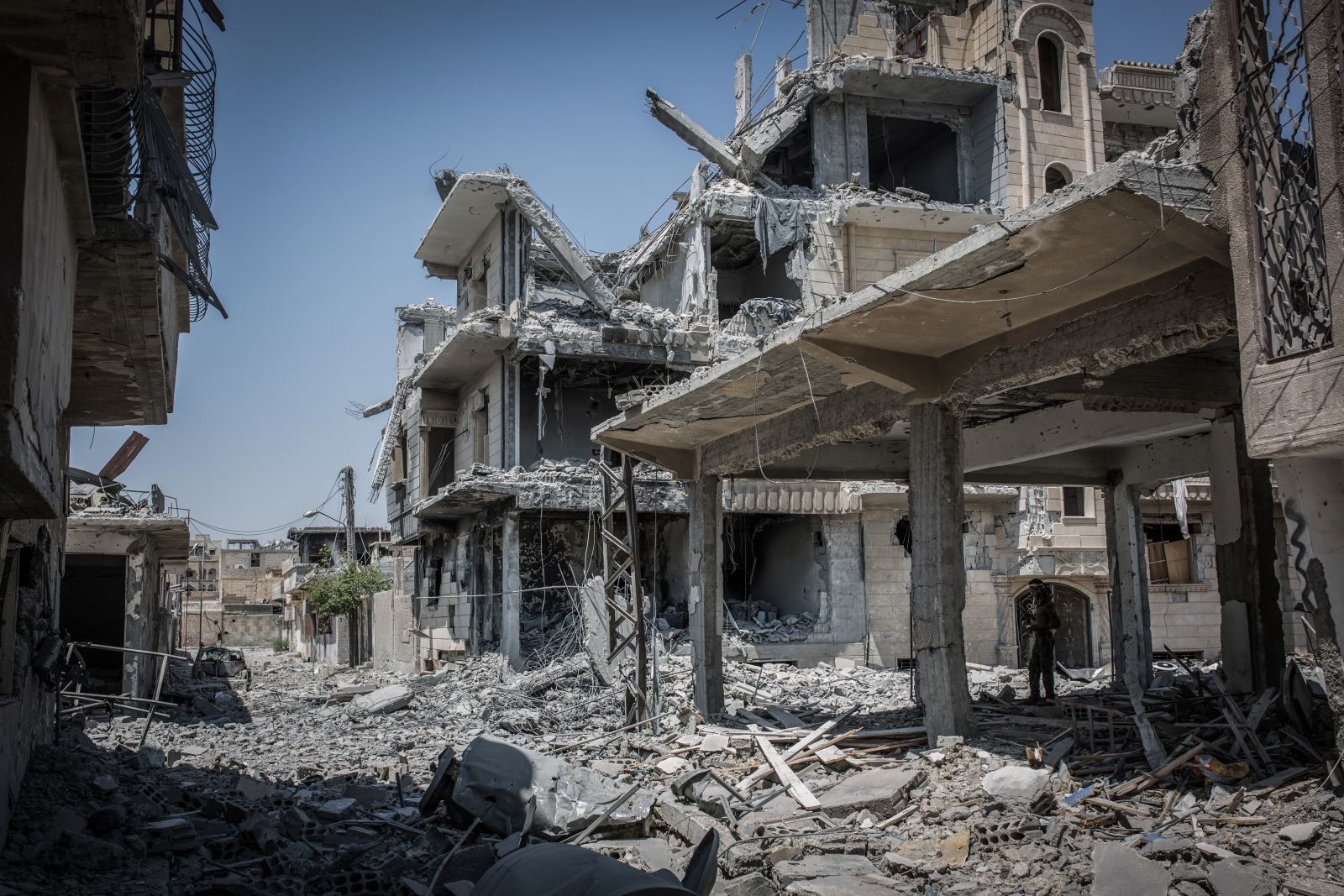Democracy
A pervasive lack of trust

The elections were initially scheduled for December 2016, when Kabila’s second – and according to the constitution – last term ended. The political manoeuvres of the president’s camp in recent years indicated that he wanted to stand again nonetheless. Protests broke out across the country, causing several deaths. Negotiations were held, and on 31 December 2016, leaders from the president’s camp and the opposition agreed on a transition period in order to prepare free and fair elections.
Signed under the auspices of the Catholic Church, this “New Year’s Eve Deal” included measures to ensure a consensual management of the country during the transition period. Kabila stayed on as president, but a prime minister was appointed from the opposition camp. Moreover, a national transition monitoring council was established.
Elections were supposed to be held in December 2017, but they were postponed once more, this time for logistical reasons. In November 2017, the National Independent Electoral Commission declared it needed more time for the enlistment of voters, the finalisation of the electoral register, the provision of election equipment and other matters.
The deadline for registering candidates was 8 August 2018. That very day, Kabila announced that Emmanuel Ramazani Shadary would be his camp’s presidential candidate. He thus put an end to the speculations about a possible third term. These speculations had caused serious worries, and related violence claimed many lives since December 2016.
On 19 September, the Electoral Commission published the final list of candidates. Of 25 applications for the presidential elections, 21 were accepted. The other four were rejected.
It is a serious problem that two of the most popular potential candidates cannot stand. One is Jean-Pierre Bemba, the former warlord, who served as vice president in the transitional government that ruled the country from July 2003 to December 2006. His nomination was rejected by the Constitutional Court, which found him ineligible because the International Criminal Court (ICC) had convicted him bribing witnesses. Bemba remains very popular in the DRC, especially since the ICC, in June, acquitted him in a war-crimes case this summer.
Another potential candidate was prevented from filing his application. Moïse Katumbi, the former governor of the Katanga province, who used to be allied to Kabila, but has lived in exile since 2016. He claims that he was not allowed to enter the DRC at the Zambian border in early August, when he wanted to register as a candidate.
Both men were considered to be likely winners of the election, but they will not be on the ballot. This fact diminishes the election’s legitimacy in the eyes of many opposition groups. They also argue that the ruling party is trying to undermine the electoral process, in particular by using state institutions to intimidate and dismiss some opposition leaders. The security forces and the Constitutional Court are under its control.
There are more concerns. To run the multiple elections properly, the country must rise to huge logistical and financial challenges. International support would make sense to avoid delays and perhaps even a further postponement. Nonetheless, the government has decided to handle everything by itself and has turned down support from MONUSCO, the United Nations Mission in Congo. The government claims that its stance is an expression of sovereignty, but opposition leaders suspect it wants to manipulate the electoral process.
The voting machines, which the Electoral Commission plans to use, are controversial too. The opposition believes they can be abused for mass cheating. So far, however, the opposition itself looks fragmented because it has failed to rally around a single candidate.
For all these reasons, the situation remains tense. People hope that the elections will be free and fair, and many would like to see a change of government. However, public institutions do not enjoy trust, and experience shows that violence can escalate fast in the DRC. Adding to the problems, the devastating civil war has never really come to an end in the country’s east, where various militias are still active. An Ebola outbreak in that region is currently making everything even more difficult.
Jonathan Bashi works as a law professor and consultant in international development in the Democratic Republic of the Congo.
euz.editor@fazit-communication.de













